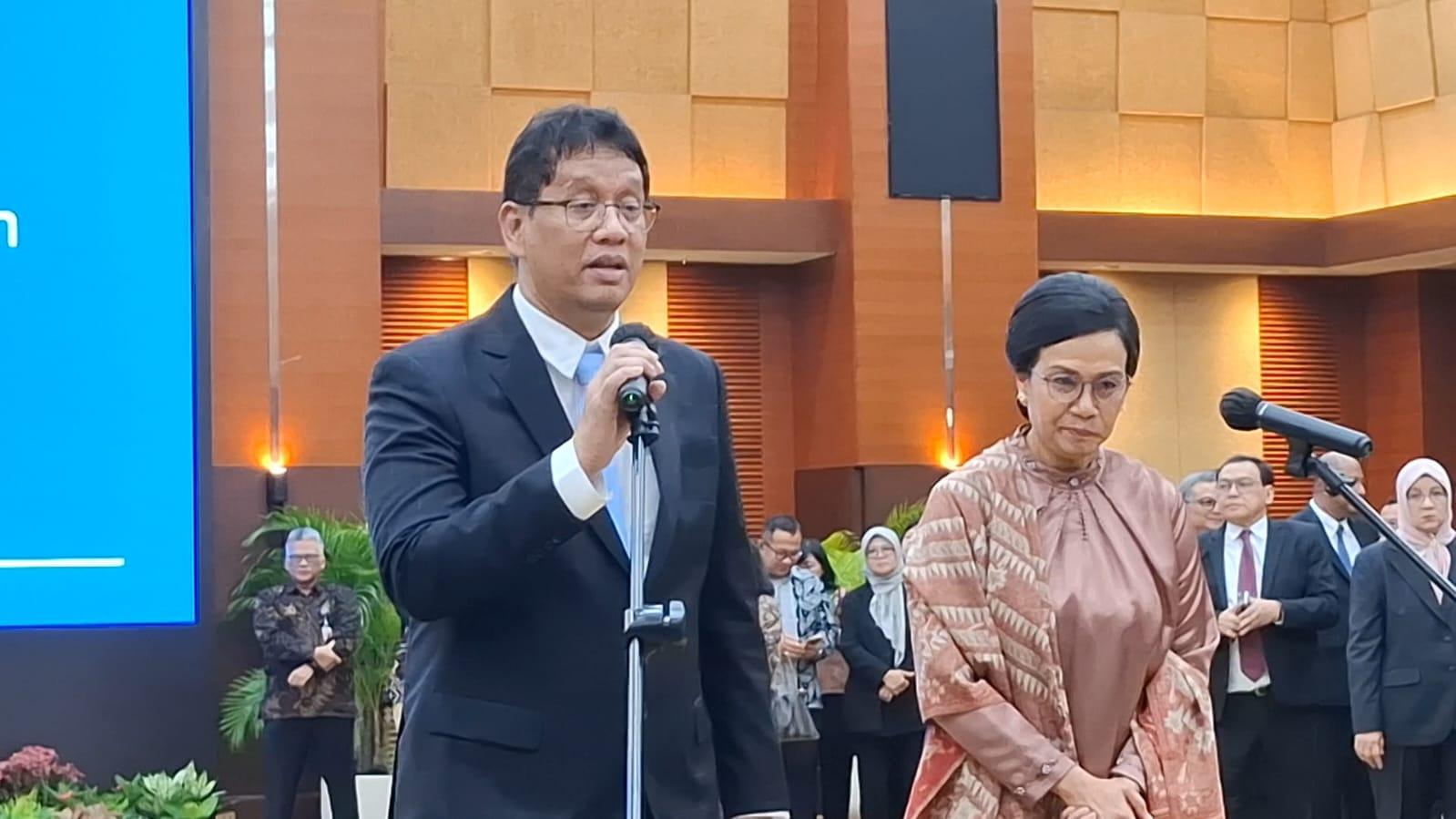A major change has taken place in Indonesia’s economic leadership as Sri Mulyani Indrawati officially handed over her position as the Minister of Finance to Purbaya Yudhi Sadewa. The handover ceremony, held at the Ministry of Finance office in Jakarta, marked the end of an influential era under Sri Mulyani, who has served multiple terms across different administrations.
This leadership transition signifies a new chapter for Indonesia’s fiscal management and economic policy direction. Known for her commitment to transparency, fiscal discipline, and reform, Sri Mulyani has built a strong reputation both domestically and internationally. Her successor, Purbaya Yudhi, now faces the challenge of maintaining stability while driving innovation in the nation’s financial systems.
Legacy of Sri Mulyani’s Fiscal Discipline
Throughout her tenure, Sri Mulyani has been widely recognized for steering Indonesia’s economy through global uncertainties. Her fiscal prudence and firm management of state finances helped the country maintain investor confidence, even during periods of crisis such as the COVID-19 pandemic.
Under her leadership, Indonesia successfully implemented tax reform, digitalized state budgeting, and improved public spending transparency. Her policies were instrumental in keeping inflation under control, supporting sustainable growth, and boosting foreign investment.
In her farewell speech, Sri Mulyani expressed gratitude to her colleagues and the Indonesian people, highlighting that “the nation’s economy must continue to move forward with integrity, data-driven policies, and a spirit of service.” Her departure marks the conclusion of a significant chapter in Indonesia’s economic governance.
Purbaya Yudhi’s Vision for the Future
Purbaya Yudhi, formerly the Chairman of the Indonesia Deposit Insurance Corporation (LPS), brings a strong background in macroeconomics and risk management. In his inaugural statement as the new Finance Minister, he emphasized the importance of maintaining fiscal sustainability while adapting to the evolving global economy.
He stated that his primary focus will be on strengthening Indonesia’s economic resilience, expanding the digital taxation framework, and enhancing coordination with the central bank to manage inflation and currency volatility. Purbaya also aims to continue Sri Mulyani’s reform agenda but with a sharper focus on innovation and efficiency.
“The Ministry of Finance must not only manage money—it must also build trust,” he remarked. His approach is expected to balance fiscal responsibility with a push for inclusive growth, targeting key sectors such as green investment, infrastructure, and technology-based industries.
Economic and Political Reactions to the Transition
The handover has drawn varied reactions from economists, investors, and political observers. Many praised the government’s decision to ensure a smooth transition of leadership, minimizing market uncertainty. Analysts view Purbaya’s appointment as a continuation of prudent economic management, with potential adjustments to suit future challenges.
Business communities expressed optimism that Purbaya’s technical expertise will enhance investor confidence, especially in the financial and banking sectors. However, some experts also note that maintaining the balance between fiscal expansion and debt management will remain a tough test for the new minister.
Politically, the transition comes at a crucial moment as Indonesia faces the need for long-term economic reforms to strengthen competitiveness and sustainability. The collaboration between the Ministry of Finance and other institutions will be key to ensuring consistent policy execution and maintaining public trust.
While Sri Mulyani’s leadership leaves an indelible mark on Indonesia’s financial landscape, her successor’s tenure begins with high expectations and cautious optimism. The nation now watches closely as Purbaya Yudhi takes on one of the most critical roles in shaping Indonesia’s economic future.



